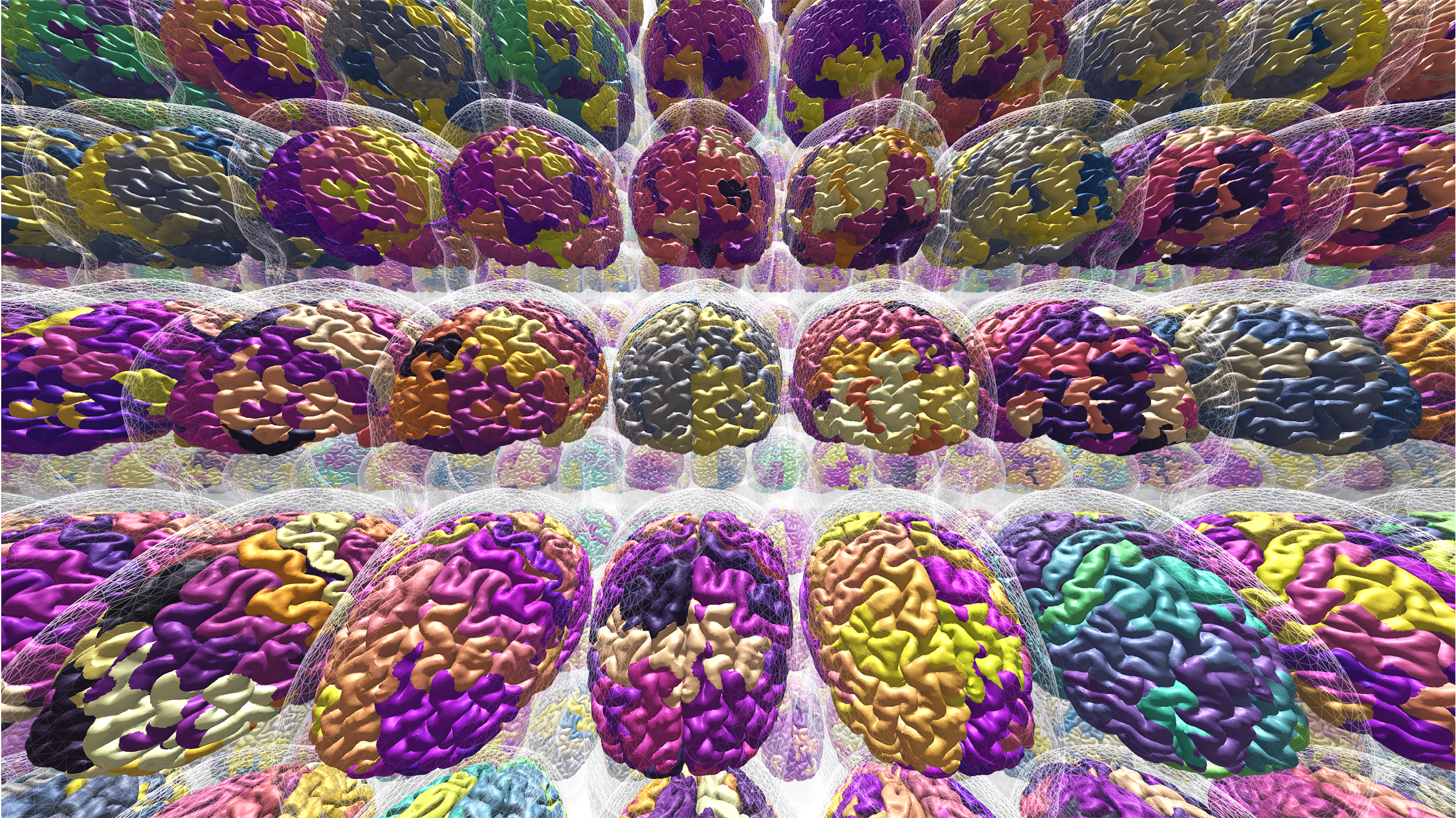Horizon Europe: Charité coordinates four new EU projects
Three European collaborative projects and one comprehensive infrastructure project, all of which are to be led by researchers from Charité – Universitätsmedizin Berlin and the Berlin Institute of Health at Charité (BIH), have been given the go-ahead by the EU Commission. Charité researchers will also be involved in two further projects which are due to be launched. The new Charité-led projects will address mental health issues, an innovative cell therapy, prognosis after stroke, and virtual models of the brain. Charité will receive appropriately € 7 million in funding for this research. The EU’s framework program for research and innovation is the largest single-source funding program in the world.

Bernstein member involved: Petra Ritter
Health research discoveries enable the development of innovative solutions and help to create and maintain research infrastructures of the highest standard. These are the objectives pursued by the ‘Health Cluster’ of the Horizon Europe framework program for research. Working alongside their European partners, the successful researchers will now be able to advance their ideas over the next four to five years. “This is a very good start within the new Horizon Europe funding program,” says the Dean of Charité, Prof. Dr. Axel Radlach Pries. He continues: “Out of a total of 13 Germany-led proposals recommended for funding, three are from Charité. We will continue to strive towards ensuring that Charité retains its position among the 20 best European institutions within the Health Cluster.” Thanks to its performance, Charité remains at the top of the rankings of German universities competing in this funding stream.
The new EU consortia to be led by Charité are:
- environMENTAL: Reducing the impact of major environmental challenges on mental health
- geneTIGA: Developing a specific cell therapy for IgA nephropathy, a type of chronic kidney disease
- VALIDATE: Artificial intelligence helps to improve the prognosis and treatment of patients with acute stroke
- eBRAIN-Health: Research platform for the modeling and simulation of complex neurobiological processes
The eBRAIN-Health project is led by BIH Johanna Quandt Professor of Brain Simulation Prof. Dr. Petra Ritter, who is also Head of the Brain Simulation research group at the Berlin Institute of Health at Charité (BIH) and Head of Charité’s Department of Neurology and Experimental Neurology. The project aims to develop a decentralized, data protection-compliant research platform capable of simulating some of the brain’s complex neurobiological phenomena. As part of the project, researchers will collate an array of different types of information, including data from PET and MRI scans, EEG tests, behavioral studies and lifestyle surveys, as well as clinical data from thousands of patients and healthy controls. These will be combined with biological information from knowledge databases and made available for research purposes. The resultant digital ‘brain twins’ will enable large numbers of researchers to conduct innovative research within a powerful digital infrastructure. Thanks to its transparent analytical pipelines, the new research infrastructure will also help to promote reproducible research. Furthermore, complex, personalized brain simulations which take into account large quantities of data may be able to provide a better understanding of the mechanisms underlying brain function and disorders. Virtual brain modeling may also improve diagnostics and disease prediction, in addition to enabling the optimization of treatment plans. The project consortium comprises 20 partners and operates in cooperation with EBRAINS AISBL, the coordinating entity of the EU-funded flagship ‘Human Brain Project’.
Duration: 4 years, starting 1 July 2022
Total funding: approximately € 13 million
Horizon Europe
‘Horizon Europe’, the 9th EU framework program for research and innovation, is the largest single-source funding program of its kind in the world. The program aims to build both a knowledge- and innovation-based society and a competitive economy, in addition to helping to promote sustainable development. The framework program helps to implement European Commission guidelines, and plays a key role in delivering on the goals of the digital and green transitions. Horizon Europe provides a strong sense of continuity from its predecessor, Horizon 2020. One new element, however, is the establishment of the European Innovation Council (EIC) as a formal entity, with the aim of funding innovations which create new markets. Further new elements include the introduction of a ‘strategic planning process’ and ‘missions’.




